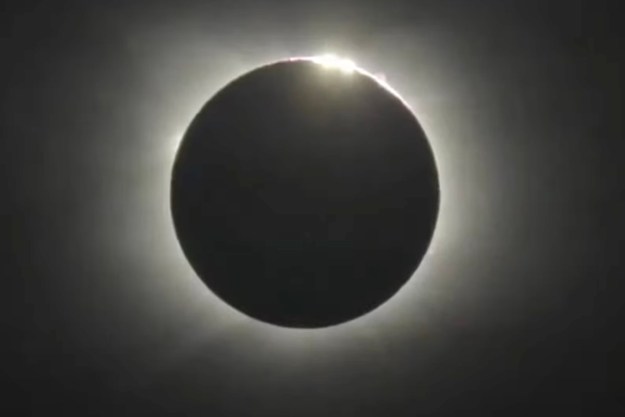Four astronauts on board the International Space Station (ISS) have just surpassed a long-standing American record for the most days spent in space by a crew launched aboard a U.S. spacecraft.
NASA astronauts Mike Hopkins, Victor Glover, Shannon Walker, and Japan’s Soichi Noguchi, arrived at the ISS aboard SpaceX’s “Resilience” Crew Dragon spacecraft on November 16, 2020.
Their stay on the orbiting outpost — with Crew Dragon docked at the space station’s Harmony module — has now lasted more than 84 days, beating the previous record set by an Apollo spacecraft crew that arrived at the now-decommissioned Skylab satellite on February 8, 1974.
The Skylab 4 crew, comprising Gerald Carr, Edward Gibson, and William Pogue, docked their Apollo spacecraft to the Skylab space station 47 years to the day when the crew of Resilience docked at the orbiting lab, NASA noted in an article on its website.
To celebrate the new record, the four Crew-1 astronauts took time out to chat with Edward Gibson, the last surviving member of the Skylab 4 mission.
On our 84th day in space Crew-1 extends the record for most days in space for a U.S. human space capsule. Originally set in 1973-74 by the Skylab 4 crew of Gerald Carr, Edward Gibson and William Pogue. Today we had the honor of speaking with Ed. pic.twitter.com/4olxP1CPFv
— Victor Glover (@AstroVicGlover) February 7, 2021
The record has stood for more than four decades for a couple of reasons. First, the Space Shuttle, which followed the Apollo program and operated from 1981 until 2011, only stayed in orbit for short periods, with its longest mission — STS-80 in November 1996 — lasting just 17.5 days. And second, when the Space Shuttle program ended, it took with it America’s only means of getting astronauts into space, forcing it to rely on Russia’s Soyuz spacecraft. It was only with the arrival of SpaceX’s crewed missions, the first of which took place in 2020, that the U.S. could once again launch and land astronauts from its own territory.
The current record will continue to extend until the four Crew-1 astronauts return on Resilience on April 18, 2021.
Over the years, astronauts have of course spent much longer periods of time in space during a single trip. The record is currently held by Russia’s Valery Polyakov, who spent almost 438 consecutive days aboard the Mir space station from 1994 to 1995. The longest period of time an American astronaut has spent in space at any one time is 340 days, achieved by Scott Kelly aboard the ISS in 2015-16, while NASA astronaut Christina Koch has the record for the longest time spent in space by a woman, reaching 328 days aboard the ISS in 2019-20. All three astronauts used Russian spacecraft for the round trip to the orbiting outpost.
Editors' Recommendations
- SpaceX shares footage of gorgeous orbital sunrise
- Check out SpaceX’s new spacesuit for first private spacewalk
- SpaceX Falcon 9 booster equals flight record, but does not land this time
- SpaceX slow-motion video shows powerful Raptor rocket engine shutting down
- SpaceX all set for a record-breaking rocket launch on Friday


